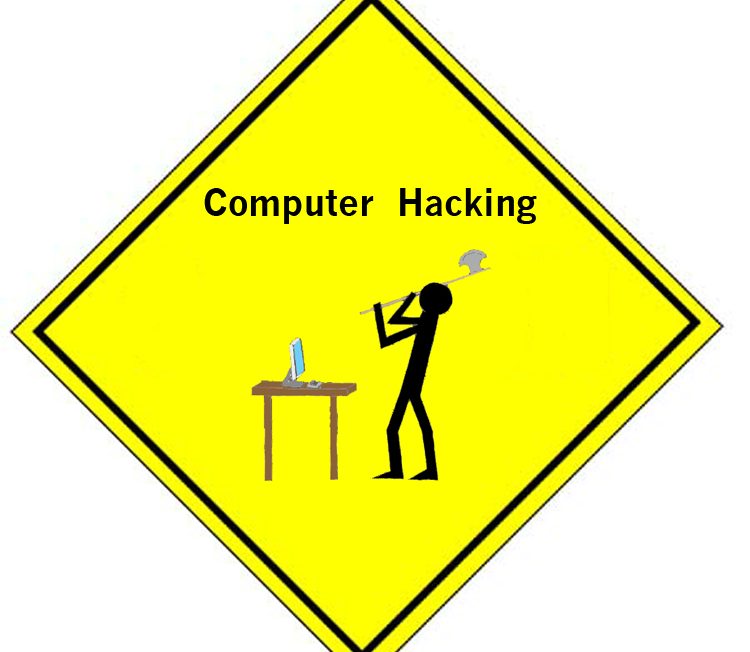How Hackers Take Control of Your Computer

Your PC has many “ports” which are vulnerable to attack from a hacker. These ports are used to communicate internally with your monitor or printer or externally to the internet. For example, Port 25 is used for receiving incoming email and Port 80 is used to connect to the internet.
In addition you have a unique IP number which is assigned to your computer by your Internet Service Provide which is required for you to use the internet. This is how you send and receive information. It also serves as your computer’s “address”. The IP number looks like this – 106.185.21.243.
If you have a broadband or DSL connection your IP address rarely changes which make your computer more vulnerable. If you connect to the internet via dial up then you typically are assigned a new IP address every time you log on, but this doesn’t been you are not vulnerable to attack! Another issue is that with broadband connection you are likely to be on line for longer periods of time giving hackers more opportunity to attack you.
Hackers use “port scanning” software to hunt for for vulnerable computers with open ports using your computer’s IP address. They will then send malicious programs through these open ports onto your computer.
Another common way that hackers use to gain control of your computers is by sending out Trojan Viruses disguised as email attachments. Hackers typically send out these messages to 1000s of users with enticing headings and an attachment which they are hoping you will open. When the attachment is opened the virus loads itself onto your computer and allows the hacker to control your computer.
Hackers also bundle Trojan viruses into free downloads like screensavers which are commonly installed on home user’s machines. Illegal P2P networks also circulated large numbers of infected files.
Here are some steps you can take:
1) Make sure you are receiving the latest Window’s updates.
2) Have a good firewall installed.
3) Install a spyware removal tool get the spyware definitions up to date. Run a scan at least once a week or after being on line for a long period of time.
4) Install an anti virus program and keep the virus definitions up to date. Carry out a virus scan a least once a week.
5) Use a Spam Filter to stop dangerous email
Further actions you can take:
– Don’t open suspicious looking email messages especially if they have attachments.
– Be careful what free software you download. Only download from reputable sites like CNet’s Download.com.
– Remember to switch off your broadband connection if you are away from your computer for a long period of time. Get into the habit of switching your computer and broadband connection off at night time. This is especially relevant for wireless network users.
